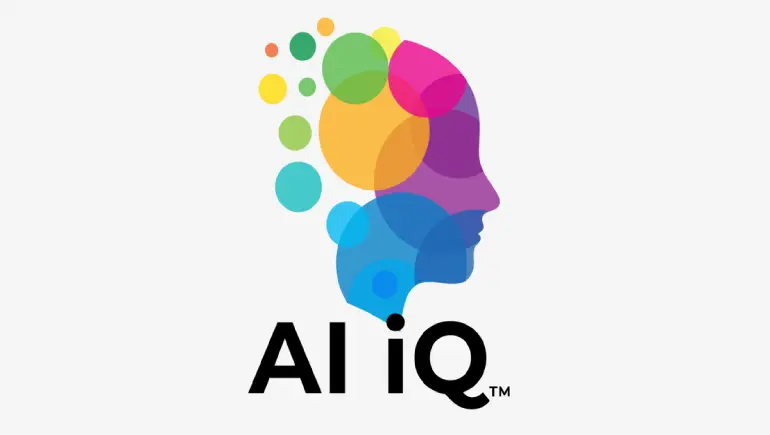
In the age of artificial intelligence, a new form of global power imbalance is emerging. While the 19th and 20th centuries were marked by physical colonization, the 21st century may be remembered for digital colonialism—a form of control where AI technologies, data ownership, and algorithmic systems are overwhelmingly dominated by Western powers. The Global South, once exploited for natural resources, is now becoming a source of raw data, cheap digital labor, and passive consumers in the AI economy.
The development of artificial intelligence has been largely concentrated in a handful of Western nations, particularly the United States and parts of Europe. These countries house the majority of tech giants—Google, Microsoft, Meta, OpenAI, Amazon, and others—that command the lion’s share of AI research, infrastructure, and funding.
This technological monopoly extends into the training data used to power large language models and recommendation systems. Much of this data is harvested globally—often without proper consent or regulation—creating a pipeline where the Global South contributes but seldom benefits. This echoes historical patterns of exploitation, where the resources of the colonized were extracted to fuel the growth of imperial powers.
Just as colonial powers once mapped, surveyed, and exploited territories, today’s tech companies map human behavior—our speech, preferences, biometric data, and interactions. In return, users in the Global South receive little control over their data or the algorithms shaping their digital realities.
In many African, Asian, and Latin American countries, AI systems are deployed without adequate localization or ethical consideration. For example, content moderation algorithms trained primarily on Western norms often misinterpret or suppress local languages and cultures. Meanwhile, facial recognition systems are tested in developing regions where data privacy laws are weak, raising serious concerns about surveillance and consent.
AI development also requires infrastructure: cloud computing, AI chips, energy-intensive data centers. Here again, the West dominates, while developing countries remain dependent on foreign platforms. Without sovereign AI capabilities, these nations have limited ability to shape or regulate how AI technologies affect their citizens.
This technological dependency creates a form of digital subjugation, where countries must adopt systems they did not design, abide by opaque algorithms they cannot audit, and accept biases they cannot correct.
If the Global South is to avoid becoming digitally colonized, it must invest in indigenous AI research, ethical frameworks, and local data governance. This means building regional AI centers, supporting open-source AI models that reflect local contexts, and pushing back against extractive data practices.
International organizations and governments must also pressure tech giants to adopt ethical AI development policies that promote fairness, transparency, and inclusivity. Partnerships should shift from paternalistic aid models to equitable collaboration, where expertise, data, and decision-making power are shared.
While AI has the potential to solve global challenges—from healthcare access to climate resilience—it also has the power to deepen inequality and entrench digital hegemony. Without a global reckoning on how AI is developed and deployed, we risk repeating the sins of colonialism—this time not with ships and soldiers, but with algorithms and servers.
The challenge now is to ensure that AI doesn’t become a tool for the few, but a technology for the many—one that reflects the rich diversity of human experience, not just the values and interests of the West.












Comments
There are no comments for this Article.